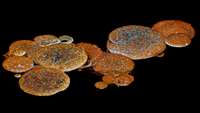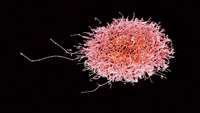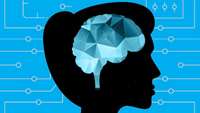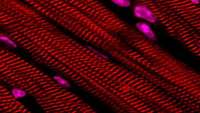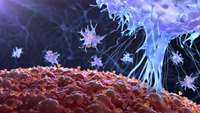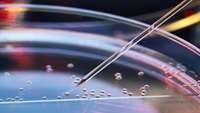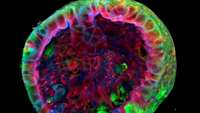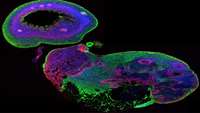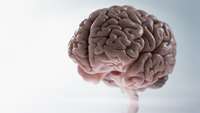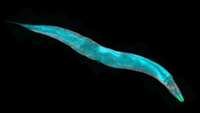Venom-producing snake organoids developed in the lab
The dark and bright side of snakes and their venom have fascinated mankind for millennia. Snakebite kills more than 100.000 people (and disables an estimated 400,000 individuals) every year, while many more suffer from ophidiophobia, an abnormal fear of snakes.
Early data show CAR-NK cells’ potential to overcome CAR-T toxicity – and Takeda is interested
While CAR-T cells have been able to produce strong clinical responses in many patients with certain blood cancers, they also come with potentially serious hurdles in terms of toxicity, manufacturing and logistics.
Space Station Research Into Brain Cells Aims to Better Understand Parkinson’s, MS
Research conducted aboard the International Space Station will look at how nerve cells interact with key immune cells of the brain in low-gravity conditions. The goal is to better understand nervous system damage in Parkinson’s disease and multiple sclerosis (MS) — and help improve their treatments.
Lab-Grown Heart Muscles Have Been Transplanted Into a Human For The First Time
On Monday, researchers from Japans Osaka University announced the successful completion of a first-of-its-kind heart transplant.
Cancer Cells Exploit Double Bind in Immune Escape Act
Escape artists often hide behind a curtain while they free themselves from their restraints. So, it’s no surprise that a successful escape arouses wonder. How does the trick work? Answering that question is particularly difficult when the escape artist is a cancer cell.
Heart-specific Laminin Isoform Aids Cardiovascular Progenitor Generation for Cardiac Therapy
Researchers from the laboratory of Karl Tryggvason (Karolinska Institute, Stockholm, Sweden) have previously reported on the generation and characterization of basement membrane laminin isoforms that can promote stem cell differentiation in vitro [1-3]. In their new Cell Reports article, Yap et al.
Researchers develop mini kidneys from urine cells
Scientists from Utrecht University, University Medical Center Utrecht and Hubrecht Institute have successfully created kidney organoids from urine cells. This could lead to a wide range of new treatments that are less onerous for kidney patients. The results of the research will be published in Nature Biotechnology today.
OP07 Analysing intestinal organoids in a multi-omics, systems biology framework to investigate functional processes affected in Crohn’s disease due to autophagy impairment
Autophagy is a highly conserved catabolic pathway that eliminates damaged organelles, invading pathogens and specifically degrades proteins. Mutation in autophagy genes and deregulated autophagy are related to various human diseases including Crohn’s disease (CD) where autophagy impairment was shown to affect Paneth cells.
Polycomb protein EED plays a starring role in hippocampal development
The dentate gyrus (DG) is the input region of the hippocampus and plays an important role in learning and memory. Although emerging evidence suggests that abnormal expression of the polycomb repressive complex 2 protein (PRC2) might cause neurological disease, the underlying molecular mechanisms had not been explored until recently.
Pathways that extend lifespan by 500 percent identified
Scientists at the MDI Biological Laboratory, in collaboration with scientists from the Buck Institute for Research on Aging in Novato, Calif., and Nanjing University in China, have identified synergistic cellular pathways for longevity that amplify lifespan fivefold in C. elegans, a nematode worm used as a model in aging research.


